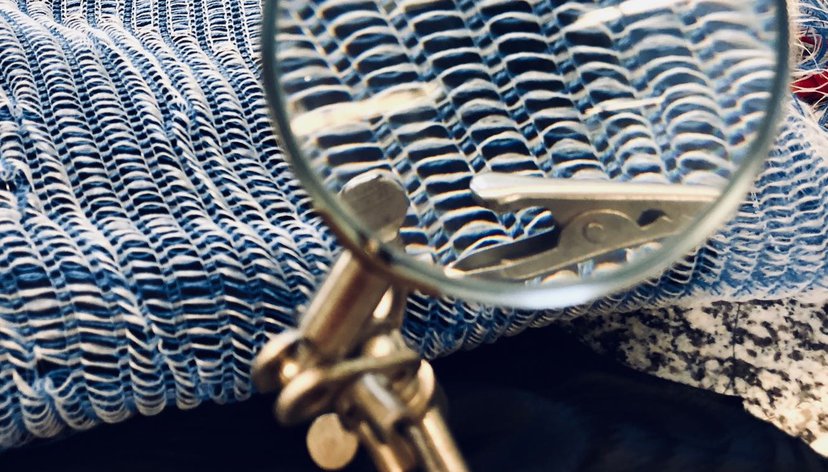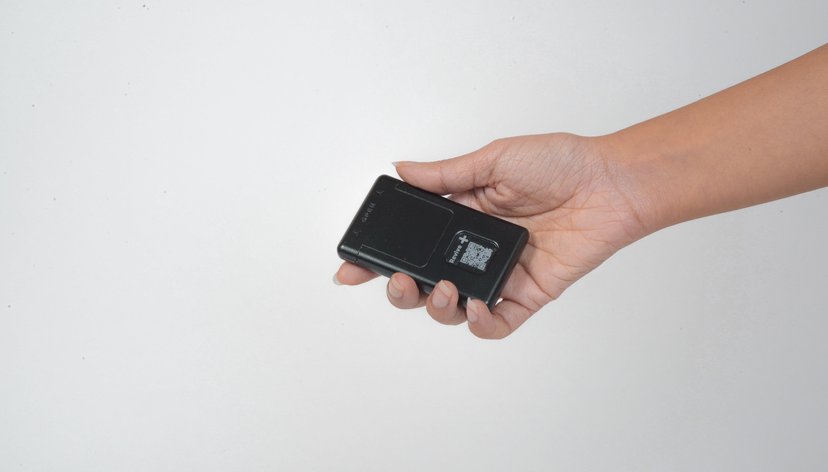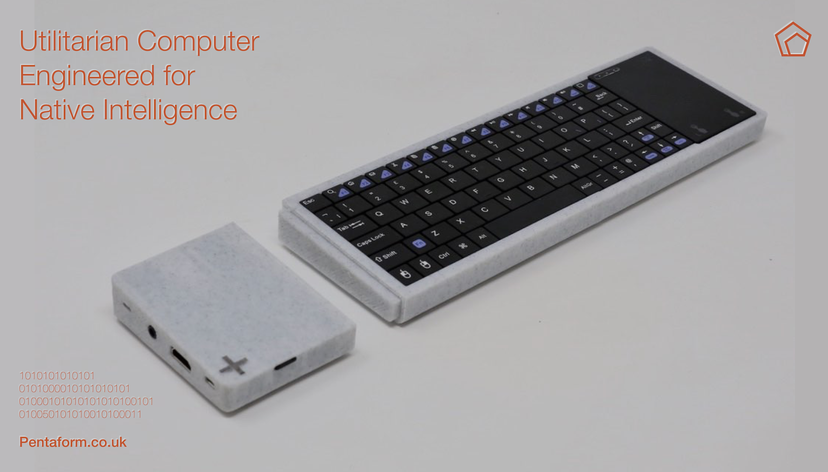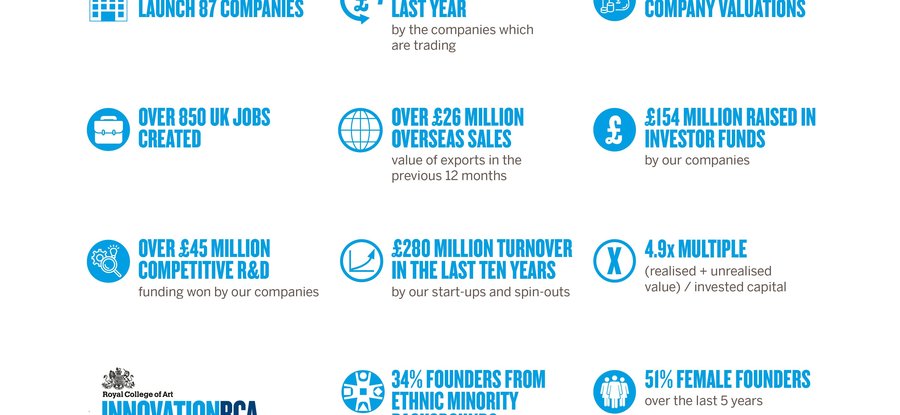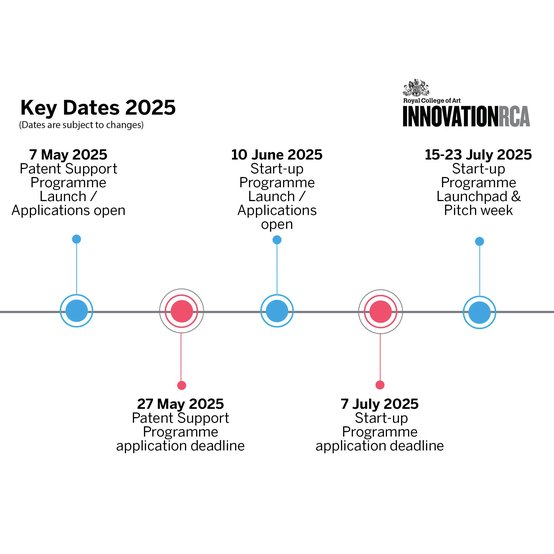
InnovationRCA
The Tyre Collective
InnovationRCA is the Royal College of Art’s centre for entrepreneurship and commercialisation, providing incubation, IP and business support.
About InnovationRCAOur start-up companies
More about InnovationRCA
Ask a question
Get in touch if you have any questions about working with InnovationRCA.
[email protected]


